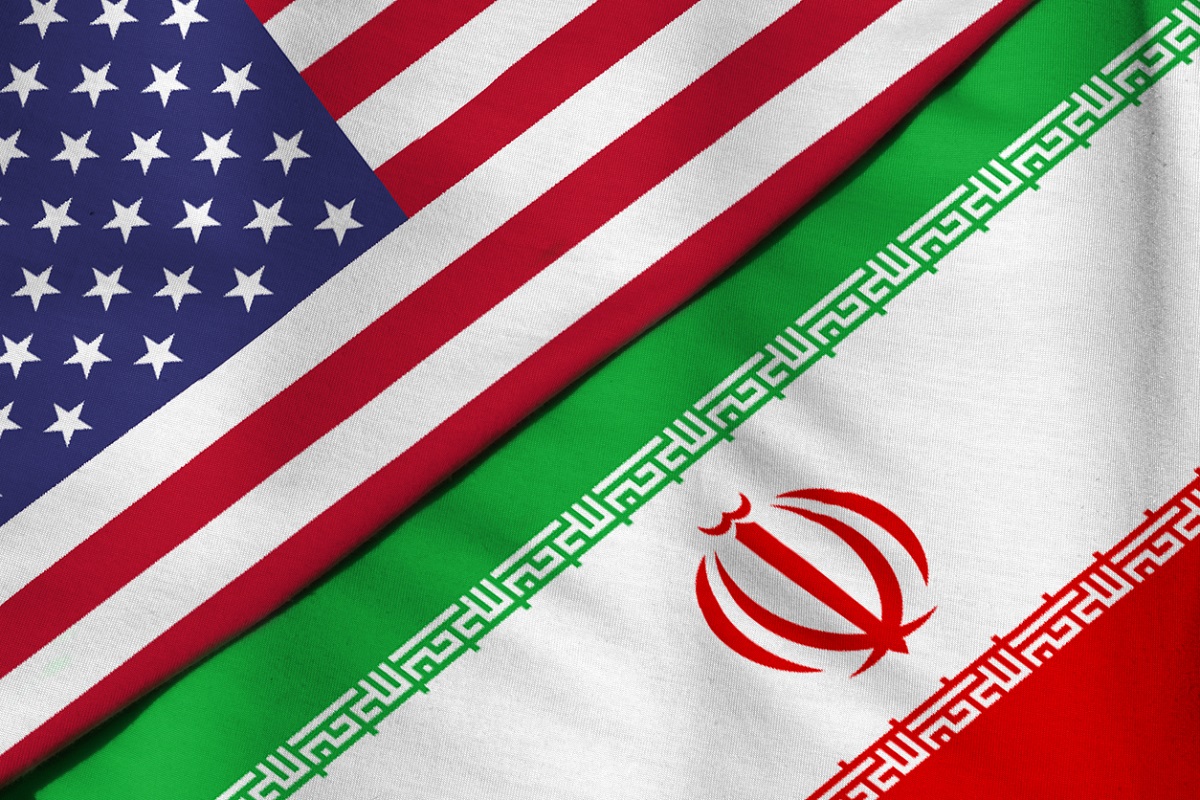Putin plays with f ire in his new doctrine
Of late Vladimir Putin has shifted Russia’s nuclear doctrine to a more directly and openly retaliatory posture in response to any attack by Ukraine or any NATO country using longer-range US missiles.
After the former US President pulled out of the multinational agreement in 2018, both sides have now realised that mutual trust must of necessity be restored to bridge what Washington calls “tremendous and profound” discord for the past several years.

(Representational Image: iStock)
Talks between Iran and the United States of America on the nuclear impasse have concluded in Vienna with a ray of hope post the Trump era and pending the next round which will reportedly be held very shortly.
After the former US President pulled out of the multinational agreement in 2018, both sides have now realised that mutual trust must of necessity be restored to bridge what Washington calls “tremendous and profound” discord for the past several years. It is a salutary development too that the Iranian President, Hassan Rouhani, has greeted the initial talks between Iran and the United States and the world powers to rescue the deal as a “success” that opened a “new chapter” to save the agreement.
Both countries have described the indirect talks as a “useful and constructive step” despite the fact that neither representative actually interacted face-to-face. As it turned out, officials chose instead to use European signatories to the deal to act as intermediaries.
Advertisement
“We are not optimistic or pessimistic about the outcome of this meeting now, but we are confident that we are on the right track,” said Ali Rabiei, an Iranian government spokesperson.
Tehran is said to have adopted an “all or nothing” approach to the talks. It wants Washington to guarantee the removal of the crippling Trump era sanctions in order to scale back its enrichment activity. Time is also a factor on the Iranian side, with presidential elections scheduled to be held in June, a contest that could lead to the eclipse of President Rouhani and the foreign minister, Javad Zarif.
A breakthrough will doubtless be an achievement for Rouhani and his party in the season of elections. It will also signify a major foreign policy success at the threshold for President Biden. He is reportedly seeking a “compliance for compliance” approach, and has ruled out any “unilateral gestures”. However, the White House is said to be exploring how the United States might also resume its own compliance with the deal.
The United States and Iran have a ‘basic disconnect’ in their approach to nuclear talks. An early economic olive branch appears to have already failed, with Iran describing a proposal from the US to release $1 billion of frozen oil money in exchange for Iran capping its uranium enrichment programme as “ridiculous”, is the response of Kirsten Fontenrose of the Scowcroft Middle East Security Initiative.
With talks in Vienna scheduled to resume soon, two working groups have been established to set the framework for negotiations. The first group is focused on American sanctions, which were imposed by the Trump administration after it left the original deal in 2018. The second group is exploring how to bring Iran back into compliance with the limits set by the agreement on enrichment and stockpiles of enriched uranium. A fairly positive beginning has been initiated, but it would be presumptuous to expect a forward movement quite yet.
Advertisement